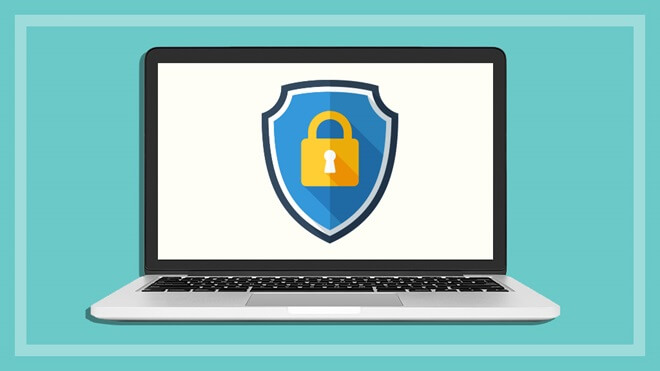Antivirus software or antivirus programs are designed to identify, prevent, and remove malicious software (malware). Malware is any kind of program that does harm when run. Malicious software includes computer viruses, worms, Trojan horses, ransomware, spyware, adware, scareware, and other malicious programs.
The goal of antivirus software is to prevent this from happening. Antivirus software tries to identify malware, stop it from running on the computer, and undo its effects.
Antivirus software typically analyzes incoming files, blocking those that are recognized as malicious. It also performs scheduled scans of systems using definitions of known viruses.
Many antivirus programs can detect new and unknown forms of malware. This is achieved by subscribing to external databases that are updated regularly.
While antivirus software isn’t bulletproof, it has evolved to include defensive capabilities that can detect more advanced threats. For example, some antivirus solutions utilize application whitelisting, which only allows known good applications to run on a computer. This helps prevent unknown and malicious software from running on a computer.
Different types of Antivirus Software:
There are three primary categories;
1. Cloud-based
Cloud-based antivirus solutions may also include sandboxing. Sandboxing limits how much an untrusted application can do by providing it with a contained location for storage and execution. The application is prevented from accessing other areas of the computer or network until it has been determined to be safe.
2. On-demand scanners
Another, more common type of antivirus program is on-demand scanners.
For example, on-demand scanners can be used to find and remove specific threats or malicious files that have already been detected. While not all antivirus programs have on-demand scanning capabilities, it is becoming more common for solutions to feature this capability.
3. Host-based security systems
A final type of antivirus software is host-based security systems. This type of antivirus program uses on-demand scanning to prevent malware from executing, but it also features application whitelisting, which limits what programs can run on a computer. Host-based security systems are typically found in desktop and laptop computers that aren’t used by multiple people.
What should I do if infected by a virus?
If a computer is currently experiencing a virus infection, it is important to disconnect the computer from the network before taking any action. This ensures that other computers are not further compromised because of actions taken on an already infected computer. Next, use antivirus software to scan the computer, remove any detected malware and restore the computer to its previous state.
This post was originally published on 26, December 2021, but according to new information stuff, this post is updated frequently.
Editor Recommendations:
>What is 4K (Ultra HD)? Explained

